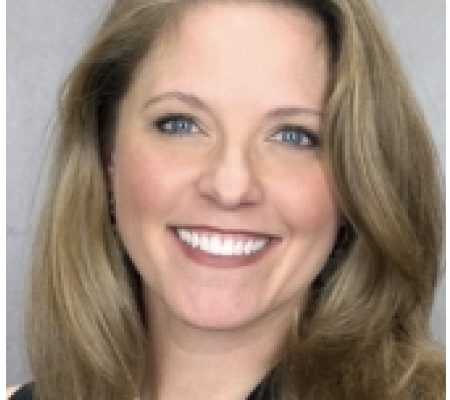
LA Social Science 2021 Summer Course Previews: Careers in Communication with Professor Johnson
As summer 2021 approaches, LA Social Science will be highlighting…
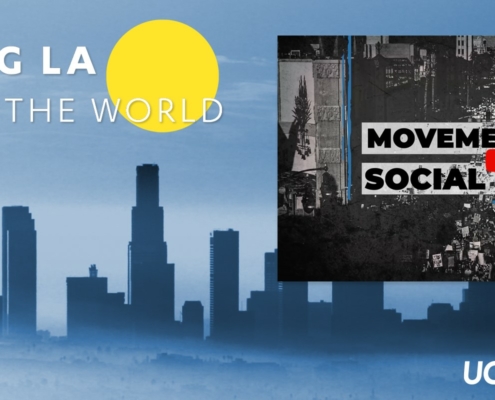
UCLA Division of Social Sciences Premieres “Movements for Social Justice” Video [UPDATED]
Just one day after a Minnesota jury took the unusual step of…

UCLA Big Data and Politics Seminar Series: Legislative Communication and Power on Friday, April 30
UCLA Big Data and Politics Seminar Series
Legislative Communication…
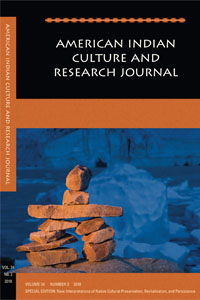
Special Issue of American Indian Studies Culture and Research Journal Focuses on COVID-19 and Indigenous Peoples
Dr. Randall Akee along with Dr. Stephanie Russo Carroll,…
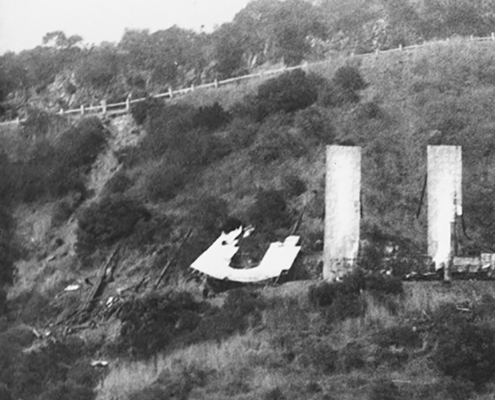
UCLA Professors Contribute to LA Mayor’s Office Civic Memory Working Group Report
In November 2019, LA Mayor Eric Garcetti's Office Civic Memory…

LA Social Science Book Series on the Bronze Age and Identity with Professor Aaron Burke
In his new book The Amorites and the Bronze Age Near East:…

LA Social Science 2021 Summer Course Previews: Department of Economics Summer Courses & Pre-Collegiate Summer Institutes
As summer 2021 approaches, LA Social Science will be highlighting…
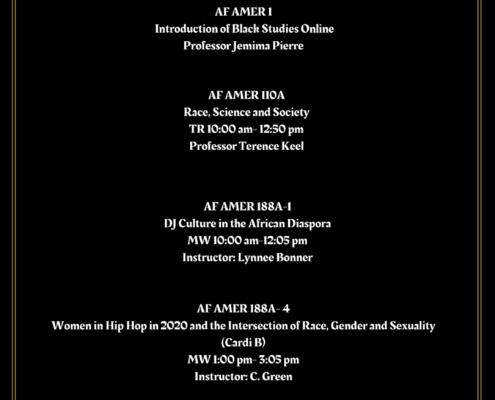
LA Social Science 2021 Summer Course Previews: African American Studies Summer Courses
As summer 2021 approaches, LA Social Science will be highlighting…
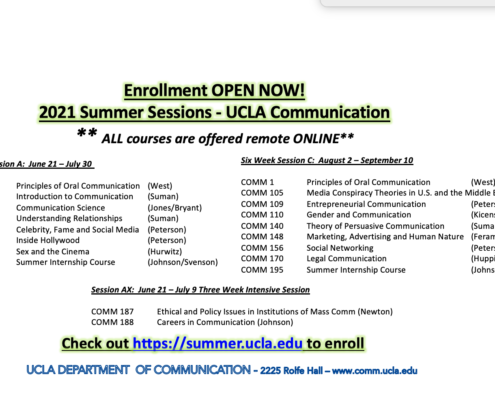
LA Social Science 2021 Summer Course Previews: Department of Communication Summer Courses
As summer 2021 approaches, LA Social Science will be highlighting…
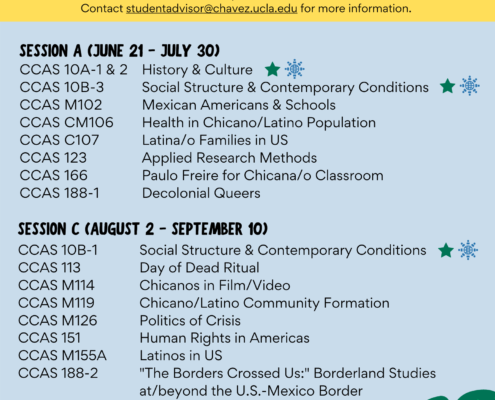
LA Social Science 2021 Summer Course Previews: Chicana/o and Central American Studies Summer Courses
As summer 2021 approaches, LA Social Science will be highlighting…

